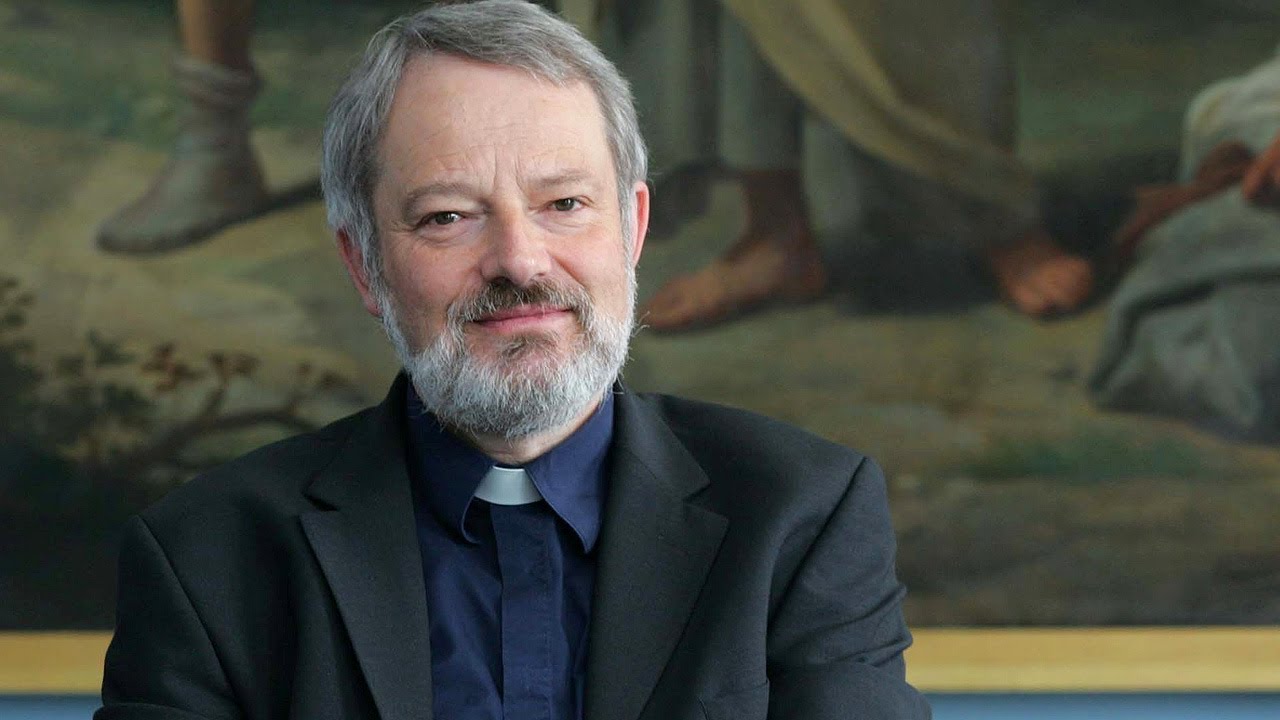
Bishop Doran said it addresses a wide range of circumstances in which particular actions, or failures to act, by individuals or by the State, would contradict the dignity of a person or a whole group of persons. These include sexual abuse, human trafficking, abortion, discrimination against migrants or people with disability and violence against women.
He particularly highlighted the document’s words on euthanasia and assisted suicide that “helping the suicidal person to take his or her own life is an objective offense against the dignity of the person asking for it, even if one would be thereby fulfilling the person’s wish”.
The document adds: “We must accompany people towards death, but not provoke death or facilitate any form of suicide. Remember that the right to care and treatment for all must always be prioritized so that the weakest, particularly the elderly and the sick, are never rejected.”

They have also been barred from having contact with their families and lawyers.
The trial took place in wake of the leaders’ success in bringing together thousands of people to pray in public venues, which the far-left Sandinista regime apparently perceived as a threat.
According to Statista, Nicaragua is about 45% Catholic with close to 38% of the people belonging to various Protestant groups.
The sentence is for “sham charges of money laundering,” according to a press release from ADF International, an organisation that defends religious freedom and has taken up the legal defense of the 11 leaders. Alliance Defending Freedom (ADF) International has already taken the case to the Inter-American Commission on Human Rights (IACHR).

A former TD and Senator for Fine Gael has called for the party to return to Christian Democratic values.
Michelle Mulherin was attending the Party’s annual Ard-Fheis in Galway at the weekend.
Speaking to media, she praised new leader, Simon Harris’s messaging on law and order, saying this is “at the cornerstone of our democracy” and “I definitely think it needs a refocus considering a lot of events”.
She added: “I also like his recognition that there’s a lot of people in rural Ireland feeling that we’re in a two-tier country,” she added. “I hope to see the party re-embrace our Christian Democratic values under the new leadership.”
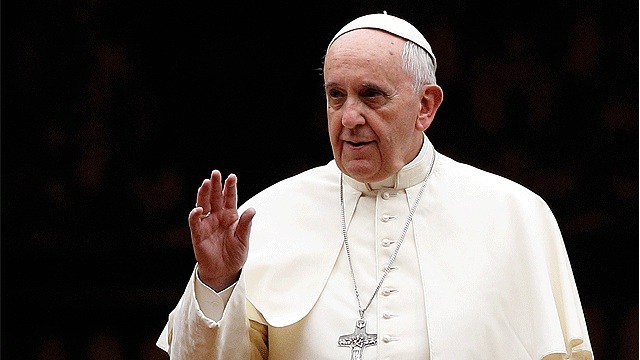
The Vatican’s top doctrinal office issued a declaration on human dignity today on behalf of the pope. It addresses numerous practices which are incompatible with human dignity. Among other things, it called for the abolition of surrogacy.
In the declaration, the dicastery cautions against threats to human dignity that begin at the moment of conception, that exist in the process of procreation, and that threaten humanity toward the end of life.
The practice of surrogacy is attacked on the grounds that “the immensely worthy child becomes a mere object” in the process.
“I express my hope for an effort by the international community to prohibit this practice universally”, Pope Francis said.
As many Western nations accept gender ideology and debate whether minors should be able to access transgender drugs and surgeries, the document states that the ideology “intends to deny the greatest possible difference that exists between living beings: sexual difference.”
“This foundational difference is not only the greatest imaginable difference but is also the most beautiful and most powerful of them.”
https://www.catholicnewsagency.com/news/257311/dignitas-infinita-vatican-document-release-gender-abortion-surrogacy
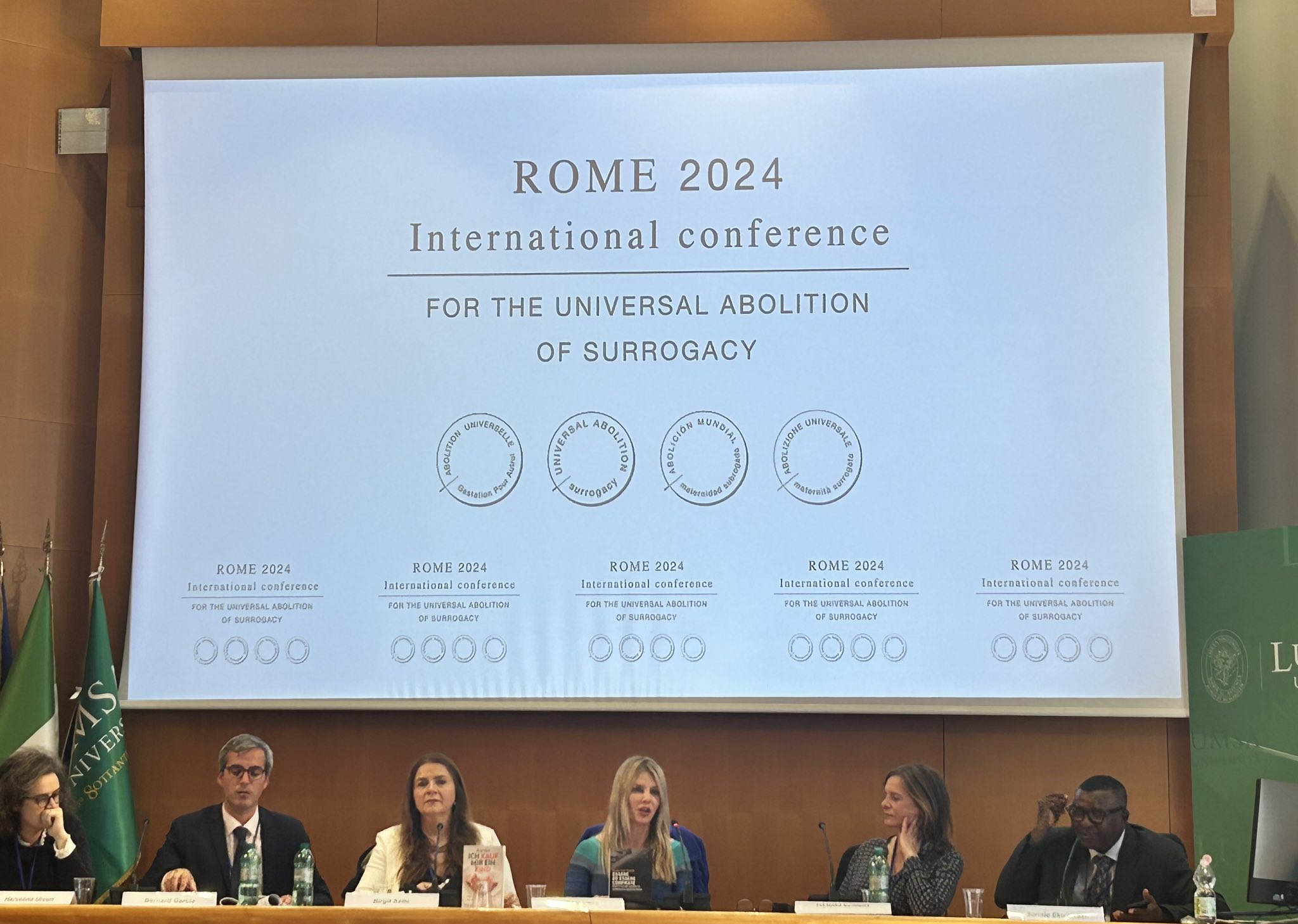
A coalition of groups and individuals committed to the universal abolition of surrogacy met in Rome over the weekend. It included politicians from the Italian political left.
Hosted by the Casablanca Declaration, the conference featured speakers from a variety of backgrounds and areas of expertise.
Before the meeting began, representatives met with Pope Francis and his top diplomat, Cardinal Pietro Parolin, the Secretary of State for the Holy See.
They both reiterated their full support for the campaign to abolish surrogacy, protecting women and children from exploitation.
The conference featured the personal story of Olivia Maurel. Born of surrogacy, she is a campaigner against ‘wombs for rent’.
At a press conference, FAFCE President, Vincenzo Bassi highlighted the “broad coalition of people from different backgrounds standing up for human dignity” that the Casablanca Declaration has brought together. “This is not a question of ideology. It is about talking about the reality of surrogacy”, he added.
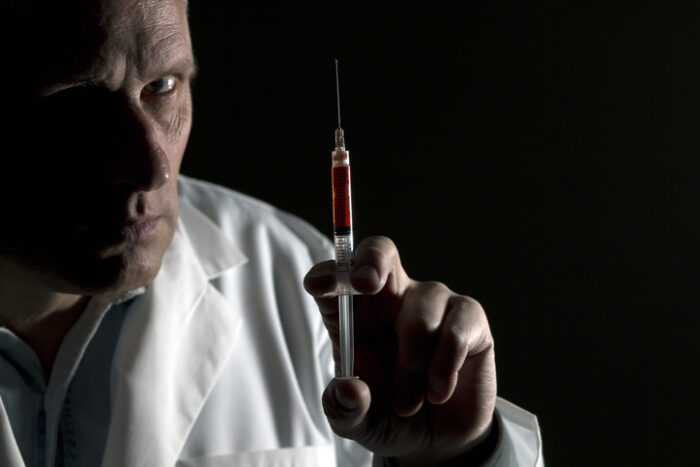
Her ‘Medical Assistance In Dying’ (MAID) application was granted in December but her father has sued to stop it from proceeding.
Her only known diagnoses described in court earlier this month are autism and ADHD.
The case may break new ethical boundaries in Canada, but the notion of legally ending the life of a person solely because of an A.S.D. diagnosis is not completely novel.
State-sanctioned euthanasia has been legal in the Netherlands since 2001.
However, a recent British study of 929 cases in the country found that at least 39 people had been approved for medically assisted death explicitly because of intellectual disability or an A.S.D. condition.
Those cases included five people younger than 30 who cited autism as either the only reason or a major contributing factor for euthanasia.

Doctors in the Czech Republic carried out an abortion on the wrong patient after a terrible mix-up.
The expecting mother went to the hospital for a check-up on 25 March, but instead was sent for a curettage – a procedure to remove tissue, including a foetus, from the womb.
Another woman was supposed to have had the abortion but medical staff – including a doctor, gynaecologist, nurse, and an anaesthesiologist – mixed up the identities of the women due to a language barrier.
A source who did not wish to be identified told news outlet Prahain.cz that both women were of Asian descent and did not have a proficient level of Czech.
They said: “It is a procedure that is ugly, called a scraping. It is performed on women who bleed for a long time or have problems after childbirth and the like.
“For incomprehensible reasons, the two patients were swapped at the clinic and the poor woman’s child was scratched.”
The procedure led the pregnant woman to miscarry. The staff who carried out the procedure have been suspended and an investigation is underway, according to reports.

The INTO has been mandated at its annual conference to lobby the Catholic church to end the requirement for a religious education qualification for anyone wishing to teach in a Catholic primary school.
The qualification is required because all teachers in such schools are expected to teach RE because it is an integral part of the curriculum. The teacher does not have to be a practising Catholic to do so.
It is not clear to what extent delegates at the conference reflect the view of most teachers in Catholic schools.
The attendees at the annual congress in also instructed their union to survey members on whether they believe Catholic faith formation should take place in schools and whether primary schools should have secular or religious patrons.
Around 93% of primary schools in Ireland are Catholic.
Delegates also instructed the union to form a task force to look at the future of primary school patronage and to examine the results of the survey. Where Catholic schools are earmarked for possible divestment, teachers and parents usually vote to remain in the Catholic system.
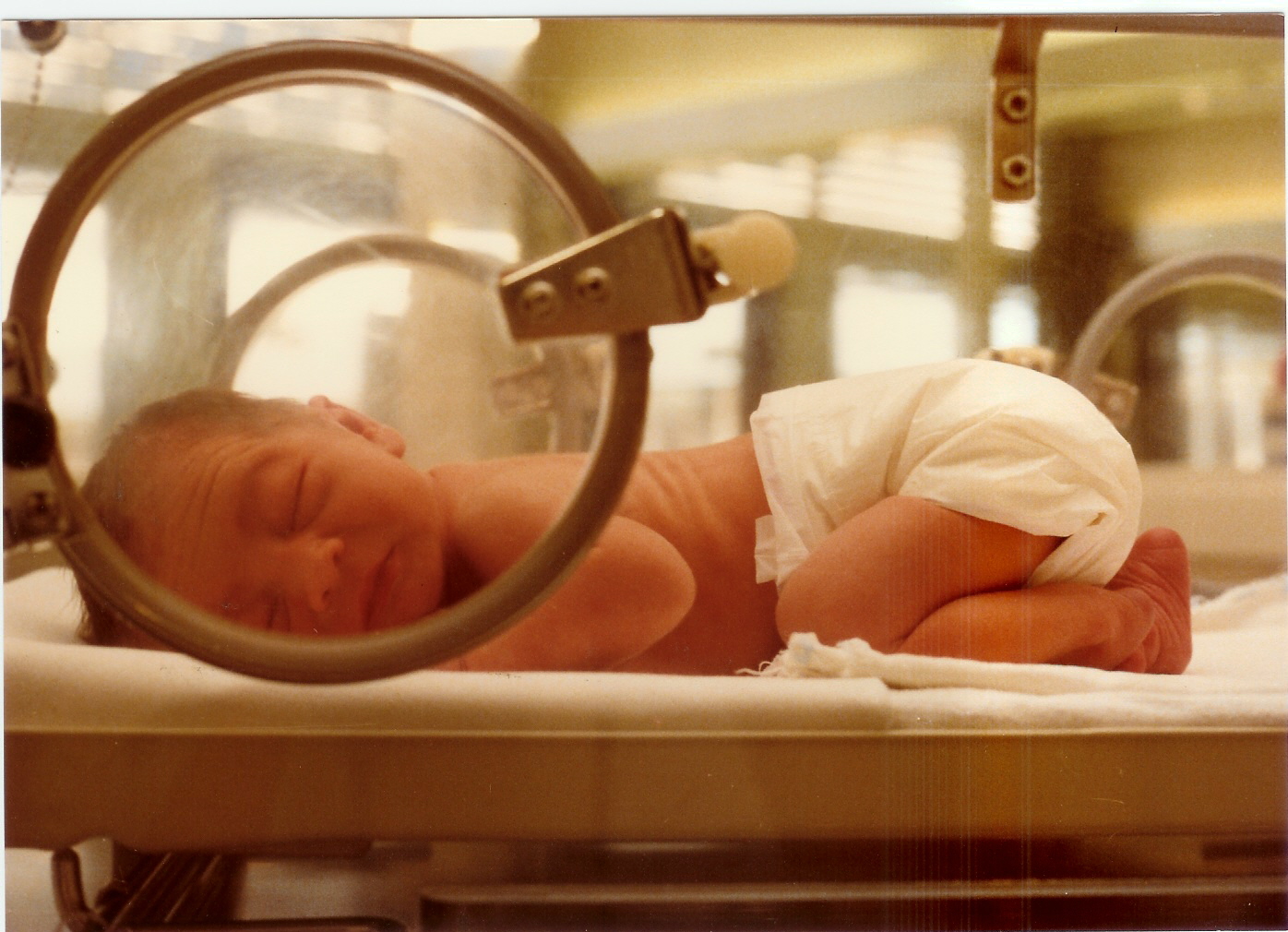
Florida’s Supreme Court upheld the state’s right to limit abortion, giving the green light for a six-week ban to take effect on 1 May.
But in a 4-3 vote, the justices also approved a November ballot initiative that, if approved, would overturn the ban and enshrine broad abortion access in the state’s constitution.
The ruling was applauded by national anti-abortion activists, many of whom see a six-week ban as the optimum for abortion policy.
At the same time, lawmakers who supported the Florida law called it a compromise as it includes exceptions for cases involving rape, incest, abnormalities and when the mother’s life is in danger.
It also requires patients seeking abortions to have two in-person doctor appointments with a 24-hour waiting period in between.
One the law is implemented it will block almost all access to abortion in the US South, where Florida had been an outlier, surrounded by states that had already implemented six-week or total bans on the procedure.

JK Rowling warned Police in Scotland against “going after” any woman for ‘misgendering’ trans people after the force dismissed the first complaints against her under the new ‘hate speech’ laws.
The Harry Potter author said she hoped “every woman in Scotland” would be “reassured” by the force’s announcement that her stance that biological men who identify as women are really men was not criminal.
In a direct challenge to Police Scotland, she said she expected all women who expressed similar views would be treated equally under the law “irrespective of profile or financial means”.
Rowling, who lives in Edinburgh, said: “If they go after any woman for simply calling a man a man, I’ll repeat that woman’s words and they can charge us both at once.”
Hours after the Hate Crime and Public Order (Scotland) Act came into force on Monday, Rowling posted pictures of 10 high-profile trans people on Monday and ridiculed their claims to be women.